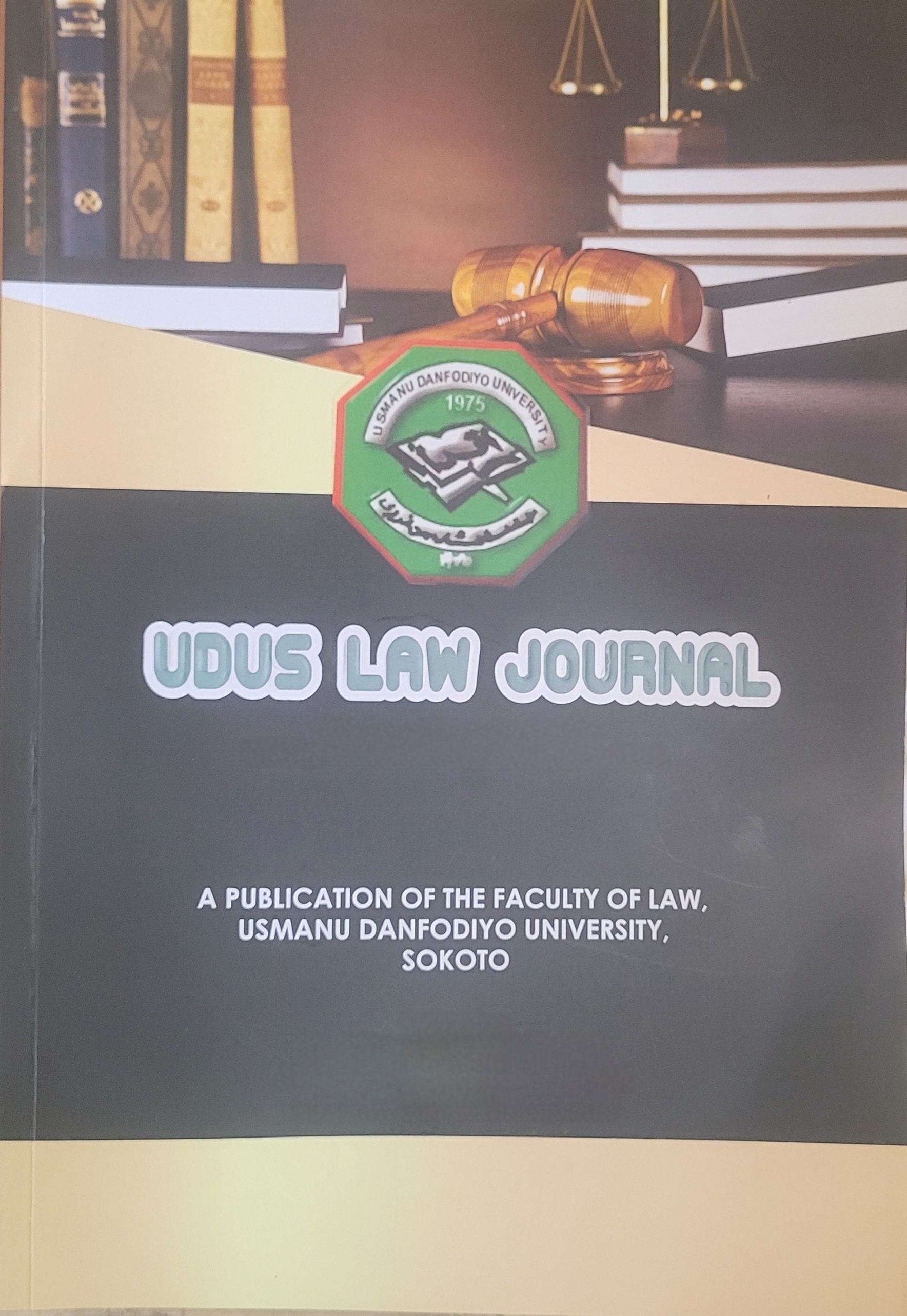Abstract
The doctrine of Command responsibility, which often occurred during armed conflict situations, is as old as armed conflict itself. Its existence dates back to around the year 1474. It was aimed at punishing those who through their actions and/or inactions have caused injuries or deaths to others during armed conflicts. Till date however, armed conflicts still occurred on a high scale. This can be seen from the ones that took place in the territories of the Former Yugoslavia, Ethiopia, Sudan, Rwanda, the Congo, Sri lanka, etc. In these conflicts, the behaviour of parties in battle fields have not shown any form of restrictions, if the methods and manners are compared on how the previous wars have been fought. Therefore, the work appraised the theory of command responsibility within the context of armed conflict situations in international law, pointing out its efficacy or otherwise in curtailing wars in the modern periods. It also looked on whether or not there is any relationship between the doctrine and Article 28 of the ICC Statute. The methodology adopted in the work is doctrinal. The work found out that in spite of the existence of the doctrine in punishing violators of the rules of law, armed conflicts are still fought with impunity without any regard to lives and properties. Therefore, the work made some recommendations, among which is the observance of the rules of law of war fare, hoping that they would help in reducing incidence of violations of these rules in the years ahead.



 National Library of Nigeria
National Library of Nigeria.jpg) Association of Nigerian Authors
Association of Nigerian Authors Nigerian Library Association
Nigerian Library Association EagleScan
EagleScan Crossref
Crossref